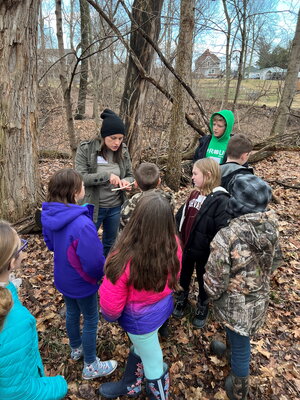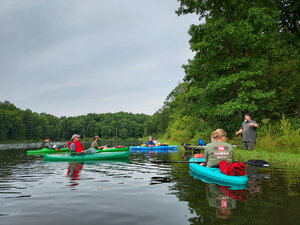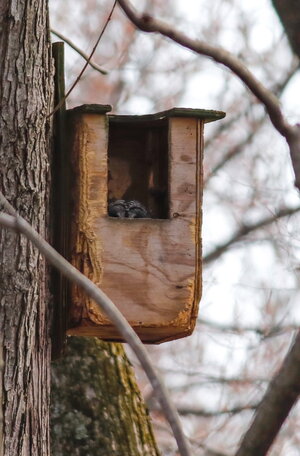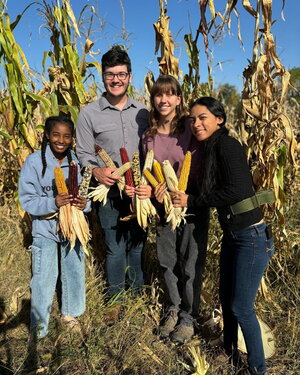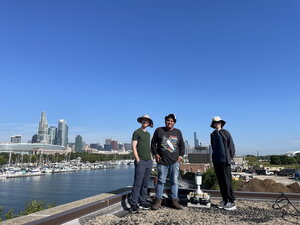4-H & Youth Development
4-H and youth programs in NRES offer youth the opportunity to explore various aspects of horticulture, forestry, and the environment through school programs, group activities, individualized projects, and national competitions. Youth gain knowledge in specific subject areas but also develop important life skills including communicating with others, making decisions, planning and organizing, and developing leadership. Career exploration is an important facet of 4-H programs. Getting involved in a 4-H activity is a great way to learn about career opportunities that exist in the Green Industry.
